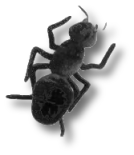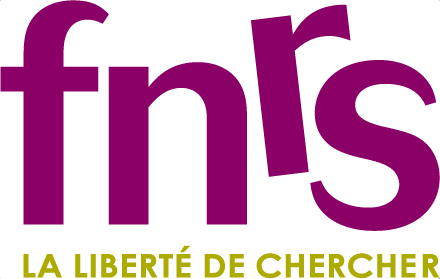Scope of the Conference
Swarm intelligence is a relatively new discipline that deals with the study of self-organizing processes both in nature and in artificial systems. Researchers in ethology and animal behavior have proposed many models to explain interesting aspects of social insect behavior such as self-organization and shape-formation. Recently, algorithms inspired by these models have been proposed to solve difficult computational problems.
An example of a particularly successful research direction in swarm intelligence is ant colony optimization, the main focus of which is on discrete optimization problems. Ant colony optimization has been applied successfully to a large number of difficult discrete optimization problems including the traveling salesman problem, the quadratic assignment problem, scheduling, vehicle routing, etc., as well as to routing in telecommunication networks. Another interesting approach is that of particle swarm optimization, that focuses on continuous optimization problems. Here too, a number of successful applications can be found in the recent literature. Swarm robotics is another relevant field. Here, the focus is on applying swarm intelligence techniques to the control of large groups of cooperating autonomous robots.
ANTS 2010 will give researchers in swarm intelligence the opportunity to meet, to present their latest research, and to discuss current developments and applications. The three-day conference will be held in Brussels, Belgium, on September 8-10, 2010.
Relevant Research Areas
ANTS 2010 solicits contributions dealing with any aspect of swarm intelligence. Typical, but not exclusive, topics of interest are:- Behavioral models of social insects or other animal societies that can stimulate new algorithmic approaches.
- Empirical and theoretical research in swarm intelligence.
- Application of swarm intelligence methods, such as ant colony optimization or particle swarm optimization, to real-world problems.
- Theoretical and experimental research in swarm robotics systems.


























